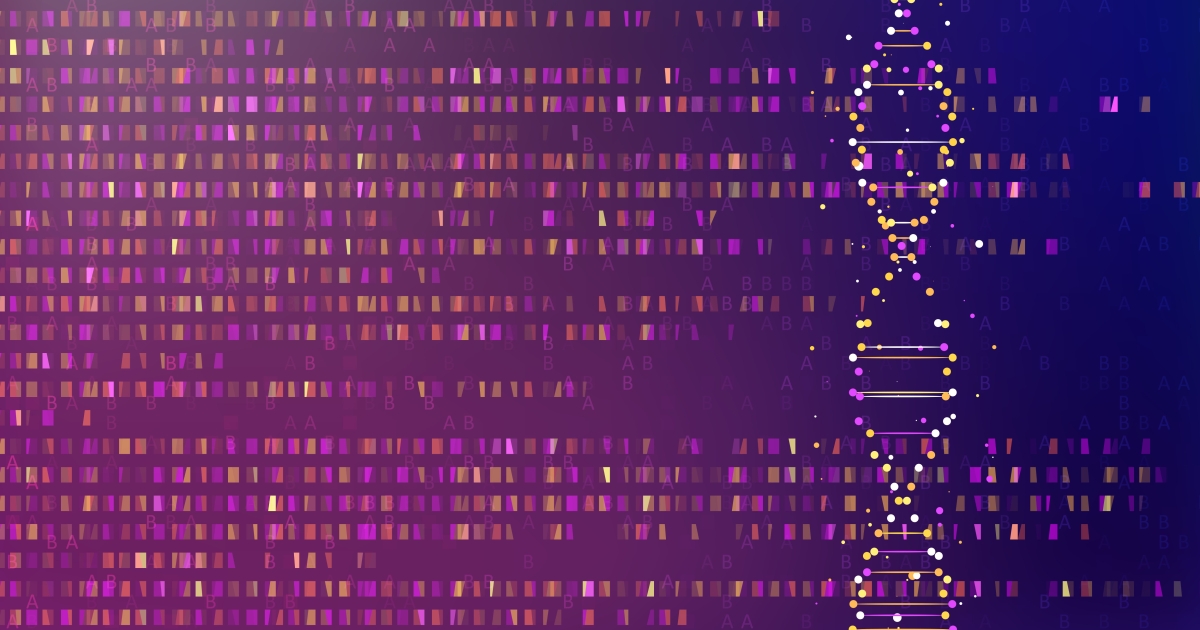
A new partnership between the Buffalo State College Data Science and Analytics Interdisciplinary Unit and Roswell Park Comprehensive Cancer Center offers Buffalo State students paid research internships in the growing field of genomics.
The 15-month DSA Genomics Fellowship provides $33,000, including $15,000 for tuition and fees, to qualifying students pursuing a master of science in data science and analytics at Buffalo State. Fellows complete 30 credit hours of coursework at Buffalo State and conduct full-time research for 12 weeks—with access to professional laboratories—during the summer at Roswell Park.
“Using data science and analytics tools, the students are going to be mining the information to try to predict what to do and how to understand the genetics,” said Joaquin Carbonara, professor of mathematics. “They’ll be able to leverage the data to gain insights into the corresponding biological and pathological processes. They’ll be able to test hypotheses about human development, health, and disease.”
“Students will be able to leverage the data to gain insights into corresponding biological and pathological processes. They’ll be able to test hypotheses about human development, health, and disease.”
Genomics is essentially the study of the human genome—or the entirety of a person’s genes, including how they interact with each other and with the environment. Students in the program use computers to analyze data from DNA located in a cell’s nucleus (called nuclear DNA) in different settings.
The fellowship program is geared toward underrepresented groups, Carbonara said, to increase the diversity of professionals working in genomics data science in business, industry, government, and academia.
The curriculum includes courses in math, statistics, and computer science, and is closely aligned with the Biology Department. Buffalo State faculty members involved in the program include Daniel L. Potts, chair and professor of biology, and Jason Grinnell, chair and associate professor of philosophy. Grinnell’s involvement stems from the ethical issues that surround genomic work. Students are taught with an emphasis on the moral, social, political, and legal ramifications of genomics research, to give them the principled framework for making conscientious and ethical decisions throughout their careers.
“We need to look closely at the bioethical issues here,” Carbonara said.
A new undergraduate course in bioinformatics, taught by Assistant Professor Olga Novikova, provides biology majors with some of the tools necessary to pursue the advanced degree, Potts said. Bioinformatics are the “suite of tools” used to ask questions of genomic datasets.
“A biology major who is familiar with the computer languages of bioinformatics has many, many, options. Whether it’s working in biomedical research, working in public health, or for biotechnology firms. There are many different but related fields.”
“In the future, biology students are going to need some formal training in data science and computer science in order to be able to ask questions of these large genetic datasets,” he said. “Our undergraduate curriculum is evolving to address this emerging field at the intersection of computer science and biology.”
Students who successfully participate in the master’s degree program will come out of it with marketable skills, Potts said.
“A biology major who is familiar with the computer languages of bioinformatics has many, many, options,” he said. “Whether it’s working in biomedical research, working in public health, or for biotechnology firms. There are many different but related fields.”
Faculty members involved in the program have applied for a $1.25 million grant through the National Institutes of Health to continue the fellowship program for five years. A decision is expected in May 2022.
“Buffalo State has diversity,” Carbonara said. “It’s perfect for the grant proposal.”
It’s an exciting time for Buffalo State, Potts said, with the program putting the college at the cutting edge of an emerging field and at the forefront of interdisciplinary collaboration.
“Genomics and bioinformatics are a new enough area of life sciences that dedicated training programs are just getting going,” he said. “There aren’t that many around the country.”



